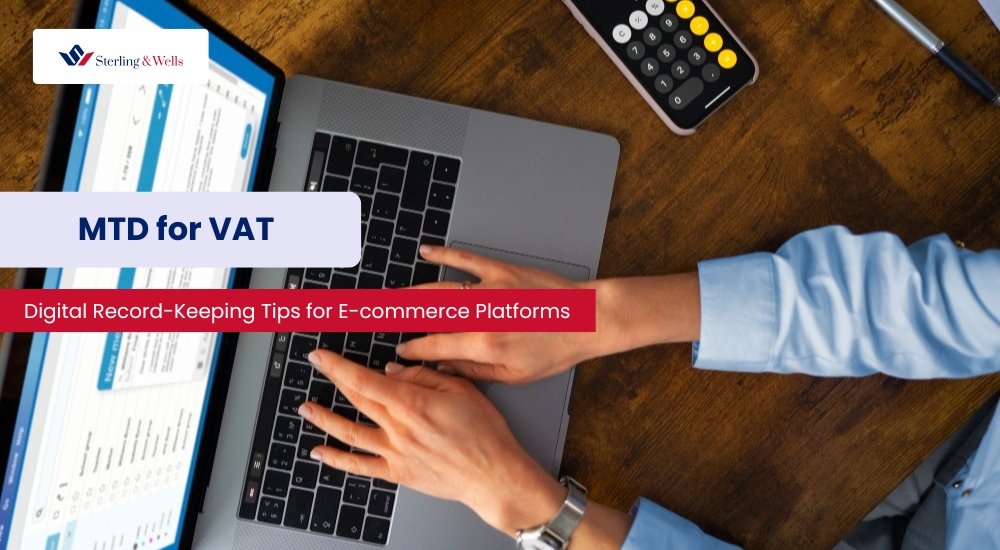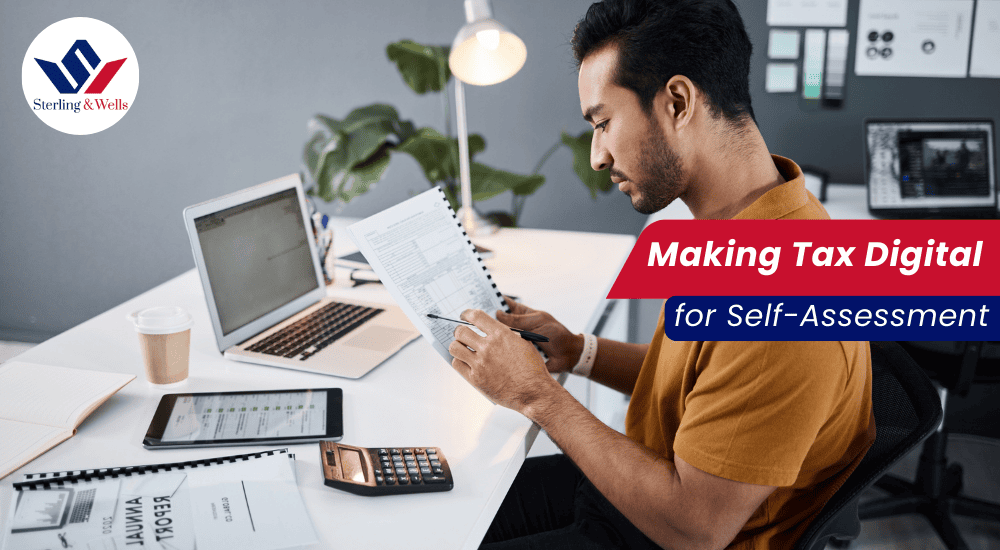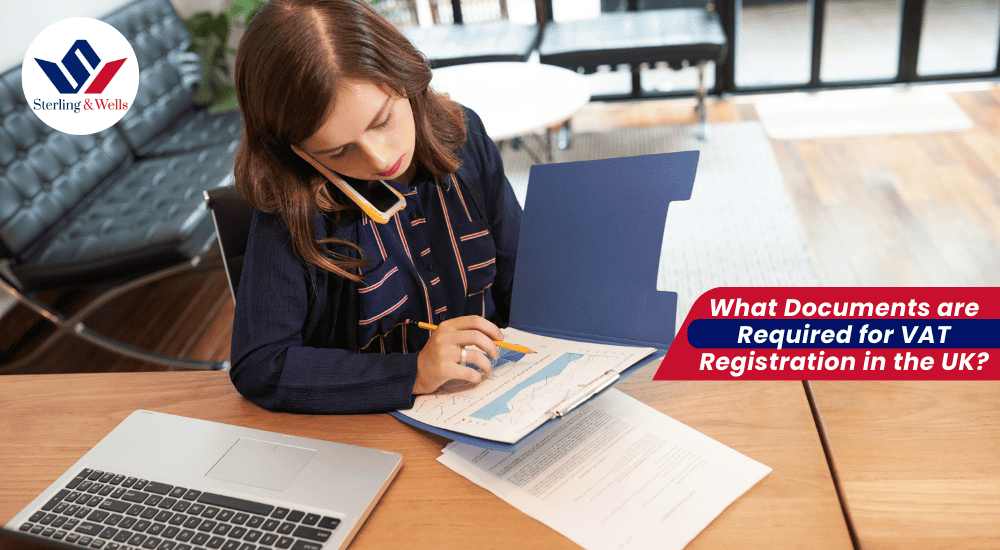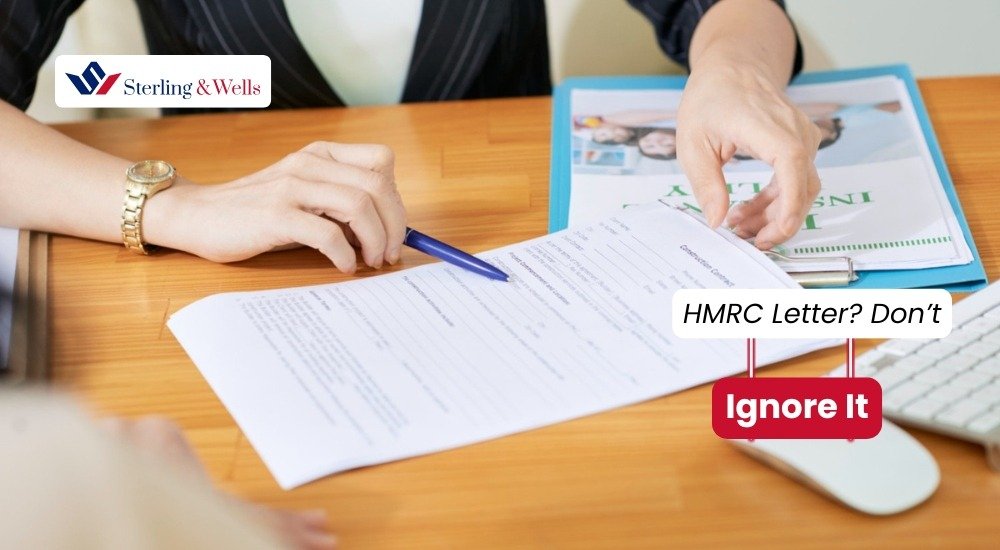All VAT-registered businesses in the UK, including overseas traders with UK VAT registration, are mandated to comply with Making Tax Digital (MTD) for VAT. This requires maintaining digital VAT records and submitting VAT returns using MTD-compatible software, regardless of turnover. HMRC has automatically enrolled all VAT-registered businesses into MTD, eliminating the need for manual sign-up.
Understanding MTD Requirements
Under MTD, businesses must:
- Keep digital records of all VAT-related transactions.
- Use MTD-compatible software to prepare and submit VAT returns.
- Ensure digital links between all parts of their functional compatible software.
This means paper records or manual entry of VAT returns via HMRC’s online portal are no longer acceptable methods for VAT submission.
What Constitutes Digital Records
Digital records under MTD should include:
- Business name, address, and VAT registration number.
- Details of supplies made and received, including time, value, and VAT rate.
- Information about any VAT accounting schemes used.
These records can be maintained using:
- MTD-compatible accounting software like Xero or QuickBooks.
- Spreadsheets combined with bridging software that connects to HMRC’s API.
For e-commerce sellers, integrating sales platforms (e.g., Amazon, eBay, Etsy, Shopify) with accounting software ensures seamless digital record-keeping.
Submitting VAT Returns
VAT returns are typically submitted quarterly through MTD-compatible software. The software compiles data from your digital records and communicates directly with HMRC’s systems. Ensure all relevant boxes are accurately completed:
-
Box 1:
VAT due on sales and other outputs.
-
Box 4:
VAT reclaimed on purchases and other inputs.
-
Box 5:
Net VAT to be paid to HMRC or reclaimed.
For overseas sellers, it’s crucial to account for:
- VAT collected by marketplaces like Amazon on your behalf.
- Import VAT paid or postponed under Postponed VAT Accounting (PVA).
- VAT on fees charged by marketplaces or service providers.
Ensure these are accurately reflected in your VAT return to maintain compliance.
Record-Keeping Best Practices
- Automate Bookkeeping
Utilize tools or built-in integrations to sync marketplace transactions with your accounting software, reducing manual errors. - Maintain Invoices
Store digital or scanned copies of all VAT invoices from marketplaces, carriers, and suppliers. - Regular Reconciliation
Periodically reconcile your accounting records with platform reports to ensure accuracy. - Data Security
Ensure your digital records are backed up securely, preferably using cloud-based solutions.
Exemptions from MTD
Exemptions from MTD are limited and granted under specific circumstances:
- Digital Exclusion
If it’s not reasonably practicable for you to use digital tools due to age, disability, or location. - Religious Grounds
If your religious beliefs are incompatible with using electronic communications. - Insolvency
If your business is subject to an insolvency procedure.
To apply for an exemption, contact HMRC directly. Note that being below the VAT threshold does not automatically exempt you from MTD once you’re VAT-registered.
Compliance and Penalties
Non-compliance with MTD requirements can lead to penalties. As of April 2025, HMRC has increased late payment penalties for VAT:
- 3% of the tax due if payment is 15 days late.
- An additional 3% if payment is 30 days late.
- A further 10% per annum for tax overdue beyond 31 days.
Timely submission and payment are crucial to avoid these penalties.
Conclusion
Making Tax Digital represents a significant shift in how VAT-registered businesses manage their tax affairs. For e-commerce sellers, especially those operating internationally, embracing digital record-keeping and ensuring seamless integration between sales platforms and accounting software is essential. By adhering to MTD requirements, businesses can streamline their VAT processes, reduce errors, and maintain compliance with HMRC regulations.






